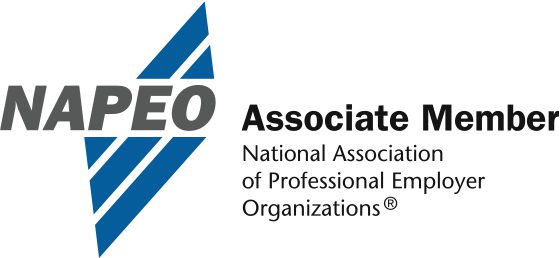Employee compensation and retention are vital areas for employers to consider, but all too often they’re areas that are overlooked. It’s natural for companies to want to make profits, and that could lead to an attempt to pay lower wages.
It’s important to understand that increasing compensation can actually help a company make more money and operate more easily in the future, because employees will want to work there and do a good job.
Because employee turnover can become expensive and stressful, employee compensation strategies that also focus on retention can be valuable ways to improve the interaction between employees and their employer.

Here are four of the most important compensation and employee retention strategies for companies to consider.
1. Provide Some Exclusive Benefits
The right type of employee benefits can give your company an important edge in the marketplace. That goes beyond things like health insurance and a few sick days. While those types of benefits certainly matter, if they’re common in your industry they aren’t setting your company apart.
Instead, consider offering the standard options employees can expect, and then adding onto that with something that’s less expected. That could be a free gym membership, unlimited kindle books to check out and read, unlimited PTO, volunteer days, or anything else unique. Ask employees what really matters to them, and follow their lead to keep them working for you.
2. Make Sure Pay is Competitive
While perks are nice, you also have to be sure you’re paying employees fairly. They won’t care too much about the gym membership if they can’t pay their power bill or they don’t have enough to cover their mortgage. Be sure you’re paying employees what they’re worth to encourage retention.
3. Offer Opportunities for Learning
Many people like to learn, but they might not have the money to go back to school. If you make learning part of the job, though, you can give them opportunities to improve themselves. Maybe there’s a certification that you’d like employees to have, but it’s costly. Consider paying for it, or reimbursing for it when completed.
4. Promote From Within
If your employees feel like they’re in a dead-end situation where they aren’t ever going to advance, they won’t have much incentive to stay with your company or work hard. But when you show that you promote from within your company, employees have the opportunity to move into higher-paid roles with more responsibility and benefits over time. That can help them decide to stay.
If you have questions about employee retention strategies and other compensation considerations, you’re definitely not alone. You need a trusted HR company like Aspen HR on your side, to help you with the goals and plans you have for the future. There are a few common questions you’ll want to get answers to, before proceeding.
FAQs About Employee Compensation and Retention
What is a compensation strategy?
A compensation strategy is the plan an employer puts into place when determining how to compensate employees. The goal is to maximize value for the company while retaining quality workers.
What are the different types of compensation strategies?
There are many types of compensation strategies. Most companies look to provide a competitive wage, along with benefits for full-time workers in accordance with the standards of their industry. An employee compensation strategy can vary from company to company.
What are the three main components of a compensation strategy?
The most common components of a compensation and retention strategy include base pay, benefits, and time off. There may be other components depending on the company and the industry, including incentive pay and additional perks.
What is the relationship between compensation and employee retention?
Compensation has a strong correlation with employee retention, because well-compensated employees are more likely to remain with a company. It’s important to note that proper compensation often includes more than just how much an employee is paid, and whether they’re offered health insurance.
Build Your Compensation and Retention Strategy Today

Ready to get started on compensation and employee retention strategies that will improve your business? Reach out to Aspen HR today and let’s talk about the employee benefits services and other options that can take your company’s HR experience to the next level.







